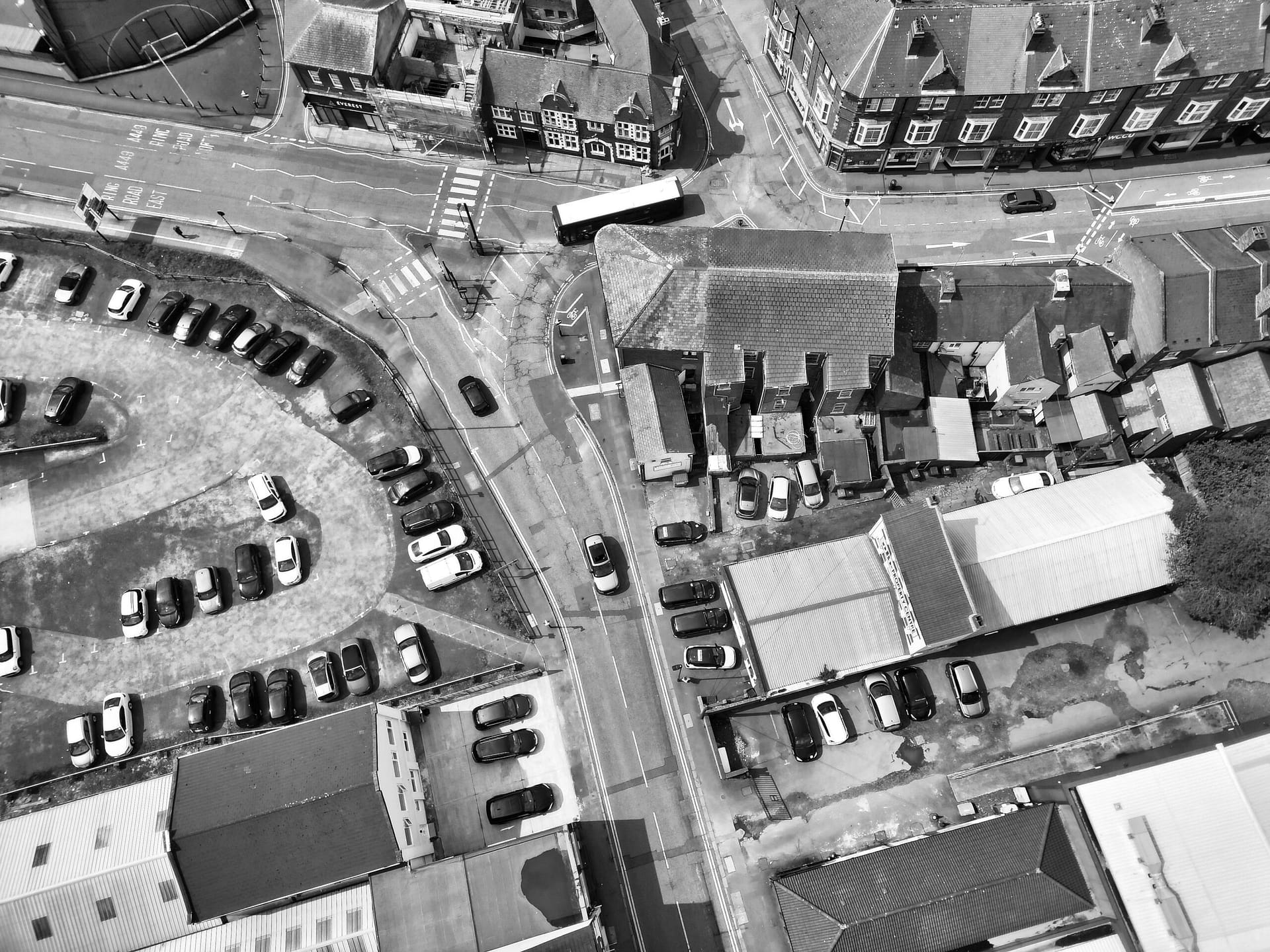Understanding Property Value Stabilization
When it comes to investing in real estate, one crucial factor to consider is the potential for property value stabilization. This is essential for ensuring a profitable investment in the long run. In this article, we will explore how you can assess the potential for property value stabilization to make informed investment decisions.
Factors Influencing Property Value Stabilization
Before you can assess the potential for property value stabilization, it’s important to understand the factors that influence it. Several key factors can impact the stability of property values, including location, market trends, property condition, and economic factors. By analyzing these factors, you can make more accurate predictions about the future stability of property values.
Location
The location of a property is one of the most significant factors that can influence its value stability. Properties in desirable locations with good amenities, access to transportation, and low crime rates tend to have more stable values over time. On the other hand, properties in less desirable locations or areas with high crime rates may experience more fluctuations in value.
Market Trends
Understanding current market trends in the real estate industry is essential for assessing the potential for property value stabilization. Factors such as supply and demand, interest rates, and economic conditions can all impact property values. By keeping an eye on market trends, you can better predict how property values in a specific area may evolve in the future.
Property Condition
The condition of a property can also influence its value stability. Well-maintained properties that are in good repair are more likely to maintain their value over time compared to properties in disrepair. Investing in renovations and maintenance can help increase the stability of a property’s value and attract potential buyers or tenants.
Economic Factors
Economic factors such as job growth, income levels, and overall economic stability in an area can have a significant impact on property values. Areas with strong economic growth tend to have more stable property values, as there is higher demand for housing. On the other hand, areas with declining economic conditions may experience drops in property values.

Assessing Property Value Stabilization
Now that you understand the key factors that influence property value stabilization, let’s explore how you can assess the potential for stabilization when considering a real estate investment.
Comparative Market Analysis (CMA)
One way to assess the potential for property value stabilization is by conducting a comparative market analysis (CMA). A CMA involves comparing similar properties in the area to determine a property’s market value. By analyzing recent sales data and comparing properties that are similar in size, location, and condition, you can get a better sense of the stability of property values in the area.
Historical Price Trends
Examining historical price trends in the area can also help you assess the potential for property value stabilization. Look at how property values have changed over time and identify any patterns or trends. Properties in areas with consistent value appreciation are more likely to have stable values in the future.
Rental Yield
If you’re considering an investment property, analyzing the potential rental yield can help you assess its value stabilization. Calculate the rental yield by dividing the annual rental income by the property’s value and multiplying by 100. A higher rental yield indicates better potential for value stabilization, as it shows the property’s income-generating potential.
Property Appreciation
Analyzing historical property appreciation rates in the area can give you insights into the potential for value stabilization. Look at how property values have appreciated over the years and compare them to regional or national averages. Properties in areas with consistent appreciation rates are more likely to have stable values in the long term.

Strategies for Increasing Property Value Stabilization
Once you’ve assessed the potential for property value stabilization, there are several strategies you can implement to increase the stability of your investment.
Renovations and Upgrades
Investing in renovations and upgrades can help increase the value stability of a property. Upgrading kitchens, bathrooms, and flooring, as well as enhancing curb appeal, can attract more buyers or tenants and increase the property’s value. Renovations can also improve the overall condition of the property, making it more appealing to potential buyers or renters.
Diversifying Your Portfolio
Diversifying your real estate investment portfolio is another strategy for increasing property value stabilization. By investing in properties in different locations or markets, you can spread risk and reduce the impact of market fluctuations on your overall portfolio. Diversification can help ensure that you have a mix of properties with varying levels of value stability.
Long-Term Investment Strategies
Adopting a long-term investment strategy is essential for increasing property value stabilization. Real estate investments tend to appreciate in value over time, so holding onto properties for an extended period can help increase their stability. Avoiding short-term flipping and focusing on long-term growth can lead to more stable returns on your investment.

Conclusion
Assessing the potential for property value stabilization is critical for making informed real estate investment decisions. By understanding the factors that influence property values, conducting thorough analyses, and implementing effective strategies, you can increase the stability of your real estate investments over time. Remember to stay informed about market trends, economic conditions, and property performance to ensure successful and profitable investments.

